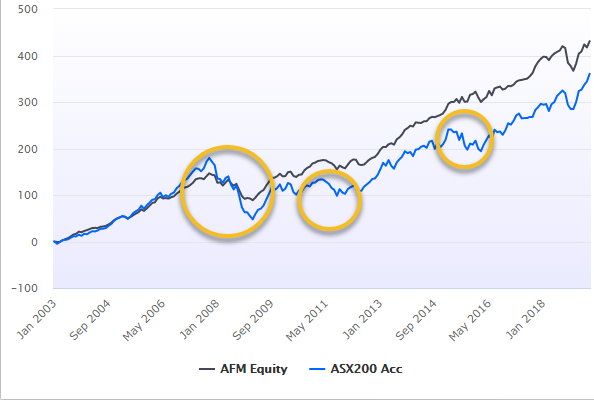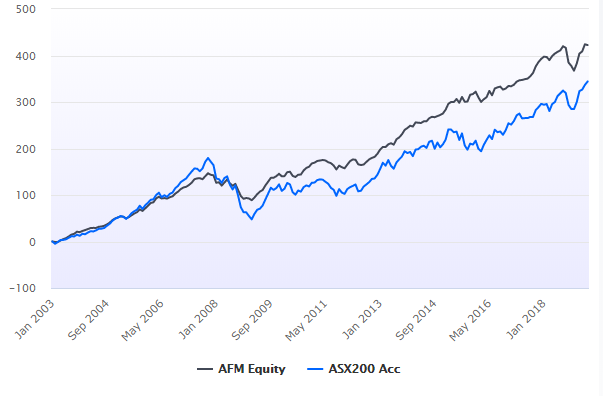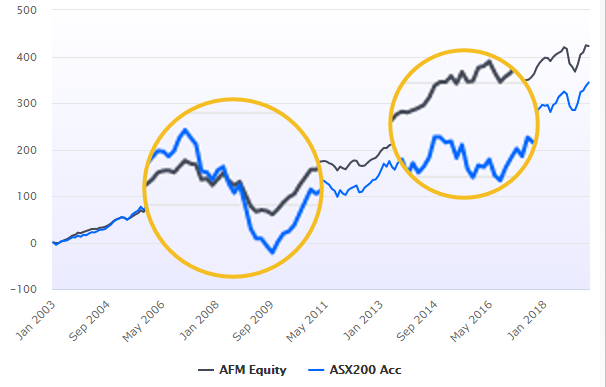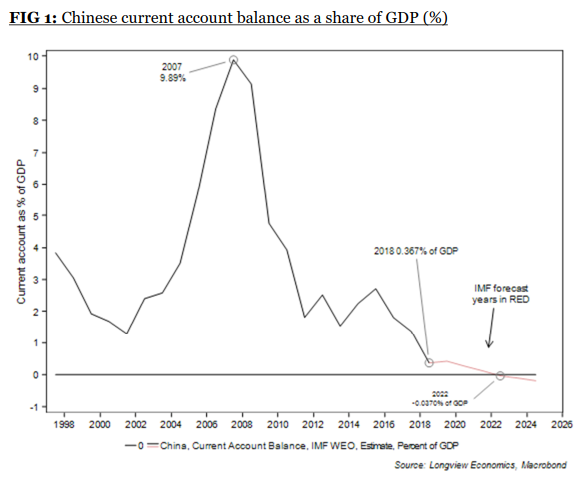
News

26 Jul 2019 - Hedge Clippings | 26 July 2019
|
||||
|
If you'd like to receive Hedge Clippings direct to your inbox each Friday
|

19 Jul 2019 - Hedge Clippings | 19 July 2019
|
||||
|
If you'd like to receive Hedge Clippings direct to your inbox each Friday
|

5 Jul 2019 - Hedge Clippings | 05 July 2019
|
||||
|
If you'd like to receive Hedge Clippings direct to your inbox each Friday
|

28 Jun 2019 - Hedge Clippings | 28 June 2019
|
||||
|
If you'd like to receive Hedge Clippings direct to your inbox each Friday
|

21 Jun 2019 - Hedge Clippings | 21 June 2019
|
||||
|
If you'd like to receive Hedge Clippings direct to your inbox each Friday
|

14 Jun 2019 - Hedge Clippings | 14 June 2019
|
||||
|
If you'd like to receive Hedge Clippings direct to your inbox each Friday
|

7 Jun 2019 - Hedge Clippings | 07 June 2019
|
||||
|
If you'd like to receive Hedge Clippings direct to your inbox each Friday
|

31 May 2019 - Hedge Clippings | 31 May 2019
|
||||
|
If you'd like to receive Hedge Clippings direct to your inbox each Friday
|

24 May 2019 - Hedge Clippings | The excitement's over, now back to work!
|
||||
|
If you'd like to receive Hedge Clippings direct to your inbox each Friday
|

20 May 2019 - Monday Hedge Clippings - Better late than never!
|
||||
|
If you'd like to receive Hedge Clippings direct to your inbox each Friday
|




